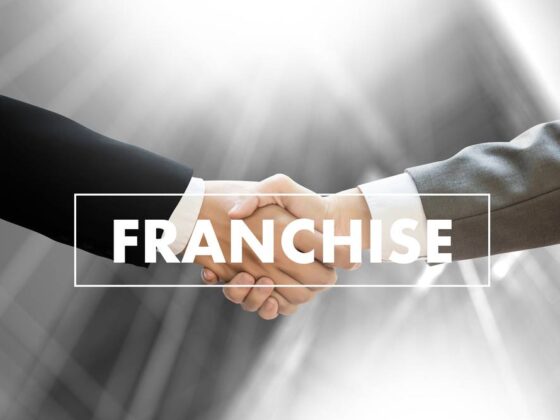In today’s rapidly evolving business landscape, the phenomenon of mergers and acquisitions (M&A) stands as a double-edged sword, wielding the power to reshape not only market dynamics but also the very fabric of company culture. When two organizations converge, the collision of distinct philosophies, values, and practices can spark transformative potential, but it can also ignite dissonance.
Each entity enters the partnership with its own legacy — a mélange of traditions, communication styles, and employee expectations that may clash or harmonize in unexpected ways. While some companies emerge from the upheaval invigorated and unified, others may find themselves grappling with confusion, resistance, and a diluted sense of identity.
This article delves into the intricate ways M&A influences company culture, revealing the nuances that determine whether a merger solidifies a shared vision or fragments the foundation upon which both companies were built.
Introduction: Understanding Company Culture in M&A

In the tumultuous landscape of mergers and acquisitions (M&A), understanding company culture transcends mere curiosity; it’s a strategic imperative. When two entities collide, their distinct cultures—woven from unique histories, values, and behaviors—must navigate the intricate process of integration.
This clash can spark innovation, fuel resentment, or lead to outright chaos. The challenge lies not just in recognizing these cultural differences but in harnessing them to foster a cohesive environment where employees feel valued and aligned with the new mission.
As we delve into the multifaceted impact of M&A on company culture, we uncover the nuanced ways in which such corporate shifts can either galvanize a workforce or lead to disillusionment, ultimately shaping the future of the newly formed organization.
Defining Company Culture: Key Elements and Importance

Company culture is a multifaceted tapestry woven from the values, beliefs, and behaviors that shape a workplace environment. At its core, it encompasses the shared vision of an organization, the unwritten rules that guide interactions, and the diverse rituals that create a sense of belonging among employees.
Key elements include communication styles, decision-making processes, employee engagement, and the level of inclusivity, all of which dictate how a companys mission is lived out in everyday operations. Understanding the importance of these elements is crucial, particularly during the tumultuous times of mergers and acquisitions, where the collision of distinct cultures can either lead to innovative synergies or significant discord.
The strength of a company’s culture not only affects employee morale and retention but also plays a pivotal role in shaping overall business performance and resilience in the face of change.
The Role of Culture in Mergers and Acquisitions

The culture of the merging entities plays a pivotal role in shaping the outcome of mergers and acquisitions, influencing everything from employee morale to overall operational effectiveness. This intricate dance between disparate cultures—often steeped in unique values, norms, and practices—can either fuel a synergy that drives innovation or ignite deep-seated resistance that tears at the very fabric of the new organization.
For instance, a tech startup renowned for its laid-back, flexible work environment might struggle to integrate with a legacy enterprise whose culture is deeply rooted in hierarchical structures and rigid protocols. As leadership navigates these waters, understanding and addressing the cultural nuances is not just beneficial; its essential.
The challenge lies in finding a common ground—a tapestry woven together with threads of each companys ethos—thus fostering an atmosphere where collaboration can thrive and the potential for success unfolds like a well-crafted strategy. In this transformative journey, culture is more than just a backdrop; it is the lifeblood that dictates how talent engages, innovation is fostered, and objectives are ultimately achieved.
Conclusion
In conclusion, the impact of mergers and acquisitions on company culture is a complex phenomenon that varies significantly depending on numerous factors, including leadership styles, organizational values, and integration strategies. As highlighted by industry experts like Stefan Matthews, understanding the nuances of cultural integration is essential for the success of any merger or acquisition. Companies that prioritize open communication, respect for existing cultures, and the alignment of goals are more likely to foster a cohesive environment that enhances employee morale and drives productivity.
Ultimately, navigating the cultural landscape during a merger or acquisition can be the key to unlocking the full potential of a newly combined entity, ensuring long-term success and sustainability in an ever-evolving business landscape.


